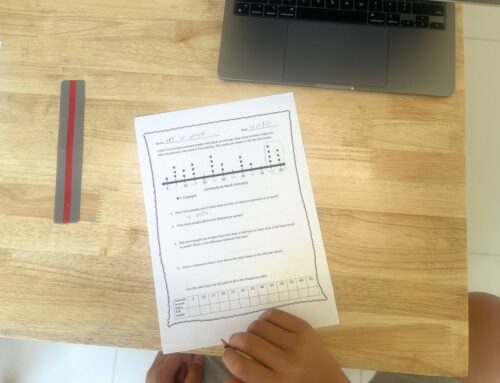Developmental assessment is a process of evaluating a child’s growth and development in key areas, including physical, cognitive, social, and emotional skills. It is typically conducted by a pediatrician or other healthcare professional, but it can also be done by early childhood educators or other professionals who specialize in child development.
Developmental assessments can be done at any age, but they are especially important for infants and young children. This is because the early years are a critical time for brain development and learning. By identifying any developmental delays or disabilities early on, parents and caregivers can get their child the support they need to reach their full potential.
What does a developmental assessment involve?
A developmental assessment typically includes a combination of the following:
- Observation: The healthcare professional will observe the child during their interaction with the environment and with the healthcare professional themselves. They will look for signs of normal development, such as the child’s ability to make eye contact, smile, babble, and reach for objects.
- Interviews: The healthcare professional will interview the parents or caregivers about the child’s development. They will ask questions about the child’s medical history, family history, and social and emotional development.
- Standardized tests: In some cases, the healthcare professional may also use standardized tests to assess the child’s development in specific areas, such as language, motor skills, and cognitive skills.
What are the benefits of developmental assessment?
Developmental assessment can provide a number of benefits, including:
- Early identification of developmental delays and disabilities: Developmental assessment can help to identify developmental delays and disabilities early on, when they are most treatable. This can lead to better outcomes for the child.
- Information and support for parents and caregivers: Developmental assessment can provide parents and caregivers with information about their child’s development and support to help their child reach their full potential.
- Eligibility for early intervention services: Developmental assessment can help to determine if a child is eligible for early intervention services. Early intervention services are designed to help children with developmental delays and disabilities reach their full potential.
When should my child have a developmental assessment?
The American Academy of Pediatrics (AAP) recommends that all children have a developmental assessment at the following ages:
- 9 months
- 18 months
- 24 months
- 30 months
- 36 months
If you have any concerns about your child’s development, talk to your pediatrician. They can advise you on whether your child needs a developmental assessment and, if so, where to get one. Contact OrbRom Center for assessments today.





